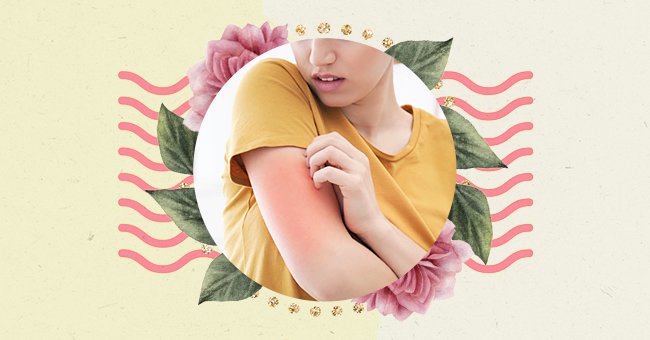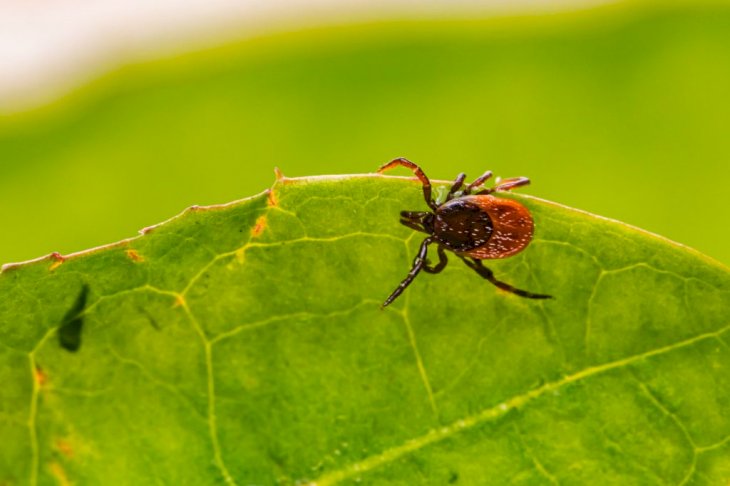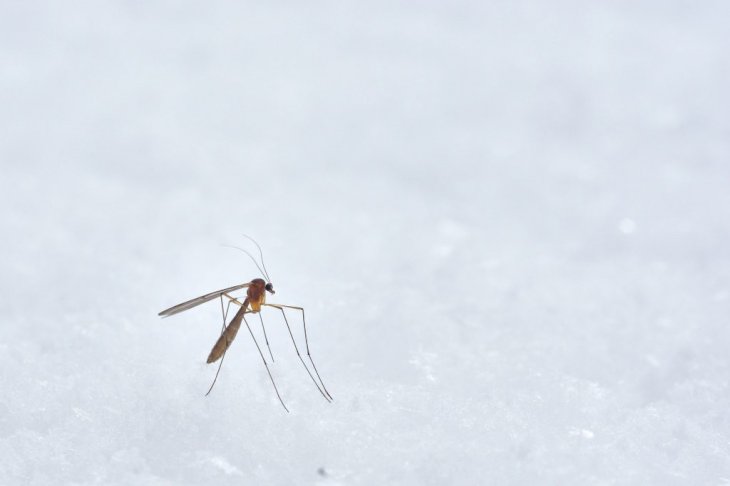
6 Bug Bites That Need A Doctor ASAP
Bug bites are not something you want to experience; they’re usually harmless but irritate your skin. Some do need treatment to get rid of the bug and help with the symptoms.
Bug bites usually end up forming a small itchy bump on your skin, and if you scratch it, you might break the skin. Once the skin is broken, it can lead to an infection.
Bug bites can be dangerous; sometimes, you think that pesky bite is nothing serious, but there are cases where it needs medical attention. Here’s what to look for if your bug bite starts looking a bit odd.
1. Ticks

Unsplash
Tick bites can be difficult to detect, especially when the tick is no longer attached to your skin. If it is, you’ll want to remove it and document it before getting rid of it. Ticks carry Lyme Disease, which can cause a bullseye-shaped rash on your wrists, arms, ankles, and around the bite area.
If you experience fever, chills, and muscle fatigue with the rash, or after being bitten by a tick, you need to see a doctor as soon as possible. Always wear long pants when out in fields of long grassy areas, and do body checks for ticks after being in the woods.
2. Bed Bugs

Unsplash
They’re not really a threat to your health, but if you notice red bumps turning up on your body, you might want to speak to your doctor. These bumps can be super itchy and even affect your sleep.
There’s no way to really prevent infestation because they can find their way into your home from outside. So stay vigilant clean your bed, dust out your sheets often, and try and vacuum your mattress.
3. Scabies

Unsplash
Scabies are parasites that burrow into your skin and cause small raised pus-filled bumps that can appear anywhere between days to weeks. The female is the one that burrows into your skin to lay her eggs in the creases of your skin, and the male will move around to find a mate.
You get them from prolonged skin-to-skin contact with someone who is infected already. Your doctor should give you a cream to put on these pustules to make them go away and treat the infection.
4. Chiggers

Photo by Afif Kusuma on Unsplash
Chiggers cause a rash caused by mites saliva, as they feed on your blood. You break out into a rash of hard-raised bumps that are itchy, and if they’re scratched open, they can spread the infection.
Speak to your doctor about these bumps, as they can prescribe a topical ointment to help them go away. Chiggers do carry disease; however, no known cases of transmission to humans have been reported.
5. Lice

Unsplash
Lice do carry diseases, and they usually live in your hair but can be found on your body as well. They feed on your blood by chewing through your skin layers, which causes itchiness and could pass diseases from person to person.
Lice also lay their eggs in your hair, and you can see these white nits at the roots of your hair. You probably remember your mom wanting to shave your head as a kid in order to get rid of the lice because they breed really fast, and they easily spread in places like schools.
To get rid of lice, you need to use medicated shampoos and even wash all your bedding and clothes to prevent reinfestation. Body lice carry a disease that can affect you if you’re malnourished, so inform your doctor if you have had a problem with body lice.
6. Mosquito

Unsplash
Mosquitoes carry diseases like the Zika Virus as well as malaria, which can affect your general wellbeing and leave you with a rash, red eyes, and they’re extremely dangerous for pregnant women. If you feel any symptoms after being bitten by a mosquito, you should call your doctor immediately.
It’s also imperative to take your malaria medication before traveling to places where it is common. If you’re going to be spending your summer days outdoors, be sure to use mosquito deterring sprays and creams.
Be sure to use bug deterring sprays with DEET to deter bugs and keep yourself safe when you’re outdoors. If you notice any odd changes to the skin color around a bite wound, you should contact your doctor as soon as possible because it might be a sign of infection!